|
So, your child writes like a spider has crawled across the page, they complain of a sore hand, fiddle for ages with buttons or zips, and think that excessive force compensates for anything requiring careful construction - that's before losing patience and destroying everything they've made so far. Sound familiar? It's a common issue for children with co-ordination difficulties. Time to work on those fine motor skills, right? Well, maybe not so fast. The quality of our fine motor skills are dependent on the quality of our gross motor (large movement) skills, and if we haven't achieved a good enough foundation, or are using the wrong muscles to support our fine movements, it's natural that we will struggle, get tired quickly and want to give up. Practice won't necessarily help unless we're practising the right things. We all do it - you may remember that I do a bit of weightlifting. A while back, I developed tennis elbow - inflammation of a tendon at the elbow joint - and it was sore. I couldn't lift the kettle, never mind anything else. Turned out I'd been over-using my smaller arm muscles. They eventually got fed up with this liberty and complained the only way they knew how. I had to lower the weight and retrain the larger muscles in my upper arms and back to do their job properly. It took a bit of time, but it worked. And kids with co-ordination issues are no different. If there's a weakness, their bodies try to find ways to compensate - this works for a while, but eventually school work increases, and the hand fatigue and pain becomes more regular. While planks, push ups and balance boards are effective ways to work on core stability, they're sometimes just a bit too 'therapeutic' (boring) to keep doing with any consistency for any length of time. The good news is that there are LOADS of things you can do to make working on core stability fun. It's all about the tools you choose. An exercise ball is a simple, but really great way to build up core strength and balance. Adding in games or toys makes it fun. You can do just about anything, and activities that need two hands become extra challenging. Make it easier by propping up a tablet to watch a movie. During floor play, get your child leaning on their elbows. It's these anti-gravity positions which work the core muscles and build strength. Have you found any similar activities which have worked well for your child? And have you noticed a difference in their fine motor skills as a result? I'd love to hear what worked for you. If you'd like an assessment or any other information about your child with co-ordination difficulties, get in touch with Red Robin Therapy.
0 Comments
|
AuthorClare is an occupational therapist, a lifter of weights, a grandmother, a lover of dogs, pygmy goats, donkey, chickens and, of course, robins. Archives
August 2018
Categories |
Site powered by Weebly. Managed by Big Wet Fish Hosting

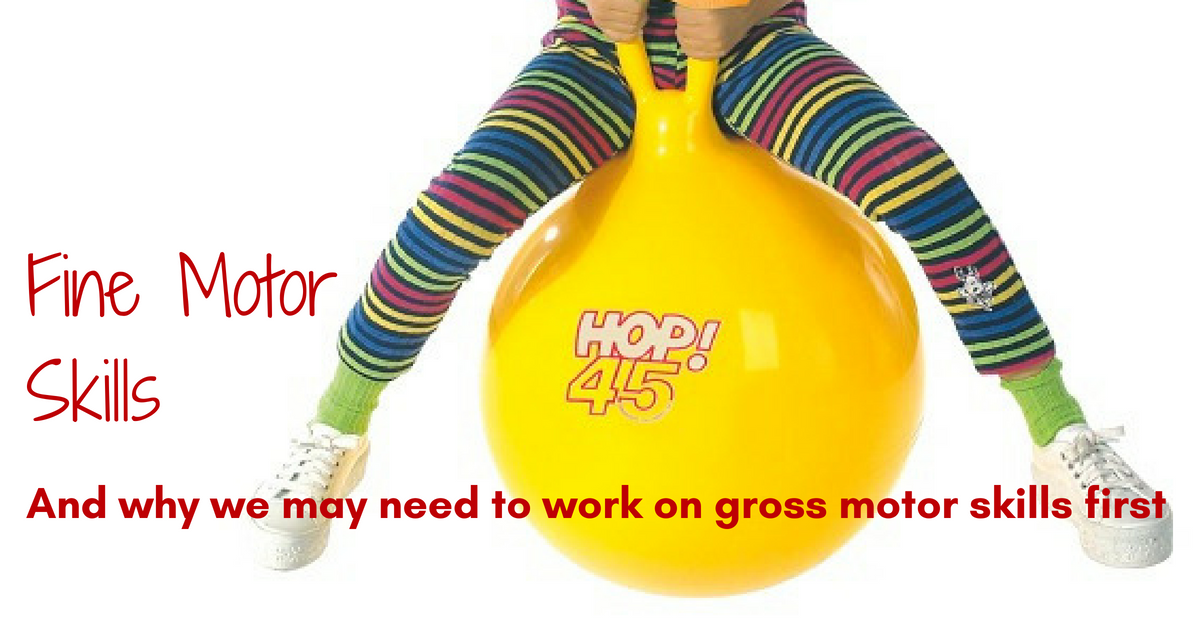
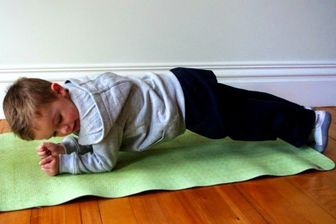
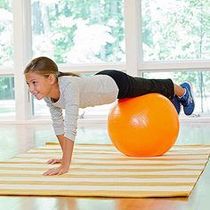
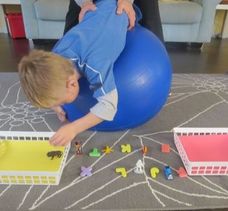
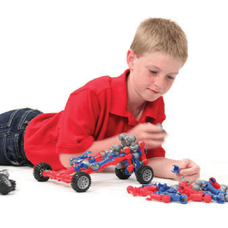
 RSS Feed
RSS Feed